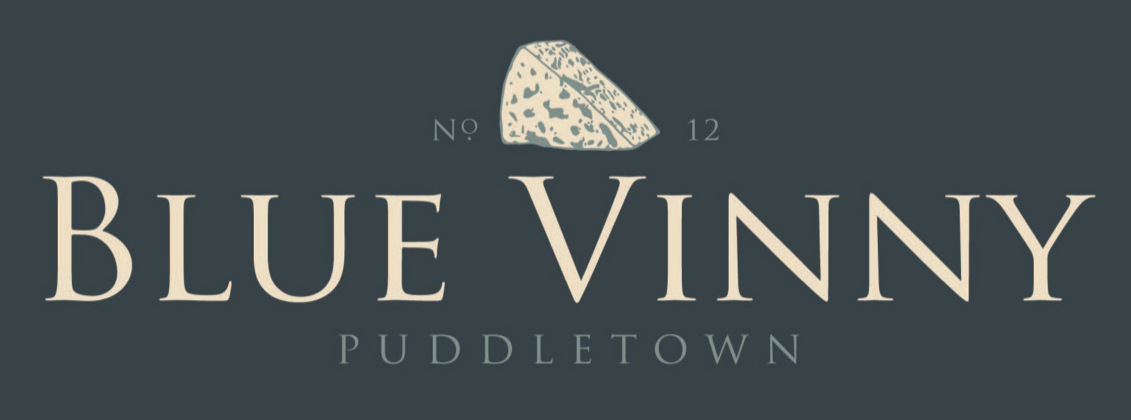
Virtual culinary arts and technology
Food is not just a means of sustenance; it is a powerful tool that can influence luck, wellness, and success. This belief is deeply ingrained in various cultures around the world, where specific dishes are associated with good fortune, health, and prosperity. As technology reshapes our interactions with food through virtual platforms, it is worth exploring how the art of cooking and the evolving landscape of culinary experiences can set us up for victories, both virtual and real. Engaging with these platforms often begins with a simple action, such as using the ninewin casino login to access a site where food and luck intersect in innovative ways.
Good food, good mood: the psychological impacts of eating well
Eating well goes beyond the physical benefits; it significantly impacts our mental health and, by extension, our perception of luck. Nutritious meals can increase energy levels, improve mood, and enhance brain function, which in turn leads to better decision-making and increased productivity. Psychologists suggest that the act of preparing and consuming food rich in nutrients can foster a positive mindset, making one feel more prepared and ‘lucky’ in tackling life’s challenges. Furthermore, engaging in cooking as a mindful practice can reduce stress and promote a sense of well-being.
This psychological boost is particularly important in a time when digital interactions are replacing traditional social gatherings. Virtual cooking classes and online culinary sessions offer a platform not only for learning but for emotional and social engagement, replicating the communal and comforting aspects of food.
Leveraging technology to harness the luck in culinary traditions
Many cultures have culinary traditions that are thought to bring good luck. For example, in many parts of Asia, noodles represent longevity, while in Southern United States, black-eyed peas are eaten for prosperity. Through the power of the internet, these traditional recipes are now accessible to a global audience, allowing people to integrate ‘lucky’ foods into their diets, regardless of geographical boundaries.
Virtual culinary platforms take this a step further by providing immersive experiences that combine tradition with technology. Augmented reality (AR) and virtual reality (VR) can transport users to world-famous kitchens or culturally significant locations, enhancing the learning experience and making the preparation of ‘lucky’ foods more accessible. These technologies not only preserve cultural heritage but also allow people from different backgrounds to explore the concept of luck through food in an interactive and engaging way.
Setting the table for virtual victories
As we navigate the challenges of the digital age, integrating good food into our daily lives remains a timeless strategy for cultivating a sense of luck and well-being. Whether through cooking nutritious meals that boost our mood and brain function or exploring the rich tapestry of culinary traditions that promise good fortune, food has the unique power to influence our lives positively.
Virtual culinary platforms offer a new way to experience these benefits by bridging the gap between traditional culinary arts and modern technology. These platforms not only facilitate access to ‘lucky’ foods and traditions but also create a community of like-minded individuals who share a passion for food and wellness. As we continue to explore these intersections, it becomes clear that good food, whether prepared in a physical kitchen or experienced virtually, can indeed set us up for various forms of victories, embedding a bit of luck in every bite.
The Blue Vinny
12 The Moor, Puddletown, Dorchester, DT2 8TE
01305 848228
[email protected]
© The Blue Vinny 2022
